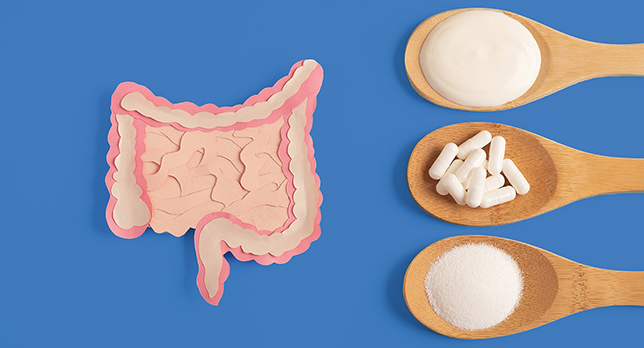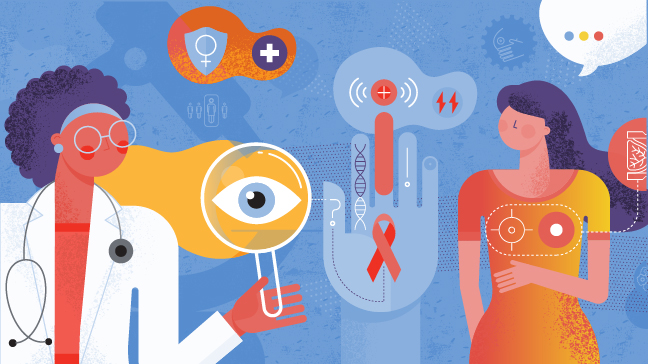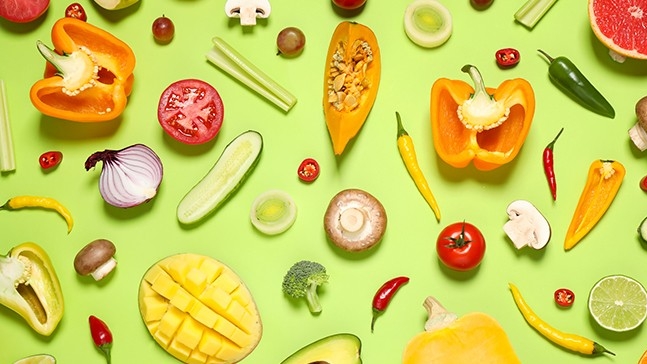- Diseases
- Acoustic Neuroma (16)
- Adrenal Gland Tumor (24)
- Anal Cancer (70)
- Anemia (2)
- Appendix Cancer (18)
- Bile Duct Cancer (26)
- Bladder Cancer (74)
- Brain Metastases (28)
- Brain Tumor (234)
- Breast Cancer (726)
- Breast Implant-Associated Anaplastic Large Cell Lymphoma (2)
- Cancer of Unknown Primary (4)
- Carcinoid Tumor (8)
- Cervical Cancer (164)
- Colon Cancer (168)
- Colorectal Cancer (118)
- Endocrine Tumor (4)
- Esophageal Cancer (44)
- Eye Cancer (36)
- Fallopian Tube Cancer (8)
- Germ Cell Tumor (4)
- Gestational Trophoblastic Disease (2)
- Head and Neck Cancer (14)
- Kidney Cancer (130)
- Leukemia (342)
- Liver Cancer (50)
- Lung Cancer (286)
- Lymphoma (278)
- Mesothelioma (14)
- Metastasis (30)
- Multiple Myeloma (100)
- Myelodysplastic Syndrome (60)
- Myeloproliferative Neoplasm (6)
- Neuroendocrine Tumors (16)
- Oral Cancer (102)
- Ovarian Cancer (178)
- Pancreatic Cancer (160)
- Parathyroid Disease (2)
- Penile Cancer (14)
- Pituitary Tumor (6)
- Prostate Cancer (150)
- Rectal Cancer (58)
- Renal Medullary Carcinoma (6)
- Salivary Gland Cancer (14)
- Sarcoma (238)
- Skin Cancer (300)
- Skull Base Tumors (56)
- Spinal Tumor (12)
- Stomach Cancer (66)
- Testicular Cancer (28)
- Throat Cancer (92)
- Thymoma (6)
- Thyroid Cancer (100)
- Tonsil Cancer (30)
- Uterine Cancer (86)
- Vaginal Cancer (18)
- Vulvar Cancer (22)
- Cancer Topic
- Adolescent and Young Adult Cancer Issues (22)
- Advance Care Planning (12)
- Biostatistics (2)
- Blood Donation (18)
- Bone Health (8)
- COVID-19 (360)
- Cancer Recurrence (120)
- Childhood Cancer Issues (120)
- Clinical Trials (628)
- Complementary Integrative Medicine (22)
- Cytogenetics (2)
- DNA Methylation (4)
- Diagnosis (238)
- Epigenetics (6)
- Fertility (62)
- Follow-up Guidelines (2)
- Health Disparities (14)
- Hereditary Cancer Syndromes (128)
- Immunology (18)
- Li-Fraumeni Syndrome (8)
- Mental Health (122)
- Molecular Diagnostics (8)
- Pain Management (62)
- Palliative Care (8)
- Pathology (10)
- Physical Therapy (18)
- Pregnancy (18)
- Prevention (936)
- Research (390)
- Second Opinion (78)
- Sexuality (16)
- Side Effects (616)
- Sleep Disorders (10)
- Stem Cell Transplantation Cellular Therapy (216)
- Support (408)
- Survivorship (328)
- Symptoms (182)
- Treatment (1788)
Natural versus refined sugar: What’s the difference?
4 minute read | Published November 12, 2021
Medically Reviewed | Last reviewed by an MD Anderson Cancer Center medical professional on November 12, 2021
If you’re trying to eat healthy, you probably don’t go a day without thinking about sugar. Avoiding sugar is hard because it’s in most foods.
Luckily, there’s no reason to cut sugar out completely. The key, says wellness dietitian Lindsey Wohlford, is to know the difference between natural and refined sugars – and recognize how they impact your body.
“Natural sugar is naturally occurring in food. Think of the sugar that's in fruit or dairy or carbohydrates,” says Wohlford. “Refined sugar may be from a natural source, but it has been processed so only sugar remains, like granulated sugar from sugar cane, or corn syrup from corn. Foods like honey and agave sit somewhere in the middle of natural sugar and refined sugar.”
It can get tricky to understand the different types of sugar, so Wohlford recommends a traffic light system to help.
Natural sugars are safe to eat
Any sugar that is naturally occurring in a food gets the green light. That includes sugar in fruit and starchy vegetables, as well as whole or minimally processed carbohydrates like brown rice and whole grain pasta. Sugar in dairy products like milk and cheese is OK, too.
“We're not as worried about this kind of sugar because these foods have other components in them that slow down how quickly sugar is digested,” says Wohlford. “This prevents that rapid blood sugar spike and drop that can lead to weight gain, insulin resistance and diabetes.”
Plant-based foods come with fiber, and dairy comes with protein. Dried fruit has natural sugars, unless it has sugar or other sweeteners added to it.
Eat these foods as part of a plant-based diet, not only to limit sugar, but to ensure you get all the different nutrients you need.
Fill two-thirds of your plate with whole grains, vegetables, fruits, beans and seeds, and fill the remaining one-third with lean protein like chicken, fish or tofu.
Added sugar should be eaten in moderation
Foods with added sugar get the yellow light. That includes the cane sugar in your yogurt, the honey or syrup in your granola bar, as well as the agave you might put in a drink. Added sugar can also appear in foods like bread and pasta sauce.
“You want to minimize any kind of food with added sugar,” says Wohlford. “Pay attention to nutrition labels, and stay below the recommended level of added sugar per day.”
Women should have no more than 25 grams of sugar per day, and men should have no more than 37 grams.
“The yellow stoplight is for foods that may add up and put you over those limits,” says Wohlford.
Refined or processed sugar should be limited
Eat red light foods as little as you can because they contain a lot of processed sugar.
“Candy, cookies, cakes and other sugar-based foods can contain almost all or in some cases more than the recommended daily amount of added sugar,” says Wohlford.
One candy bar or piece of cake can contain around 30 grams of added sugar. Eating these foods regularly leads to weight gain and other problems.
“It means you are going to experience that sugar spike and if that happens consistently it can contribute to obesity, diabetes, heart disease and other chronic conditions,” Wohlford says. “It’s important to think about what is going on in your body when you reach for these foods and keep them as a special treat, not for every day.”
Sodas and sweetened beverages get the red light, too, even if they use artificial sweeteners.
“Artificial sweeteners may have their place for people who are used to drinking sodas and want to transition away from them, but from a nutrition standpoint, I would also put these in the red category,” says Wohlford.
Focus on eating whole foods
The best way to ensure that you are eating sugar in a way that works for your body is to eat mostly whole foods.
Eat lean proteins with vegetables, fruits, whole grains, nuts, beans and seeds, which contain a mix of different nutrients that digest more slowly and keep blood glucose levels stable.
Packaged foods have often been stripped of these extra nutrients, and more sugar is added to encourage you to buy them.
“Refined sugar has been likened to drugs because it can release dopamine in your body and intensify cravings for more sugar,” says Wohlford. “Food manufacturers add more of it to foods for a reason – to increase appeal and make you want more.”
Request an appointment at MD Anderson online or by calling 1-888-356-1067.

It’s important to think about what is going on in your body when you reach for these foods.
Lindsey Wohlford
Dietitian






